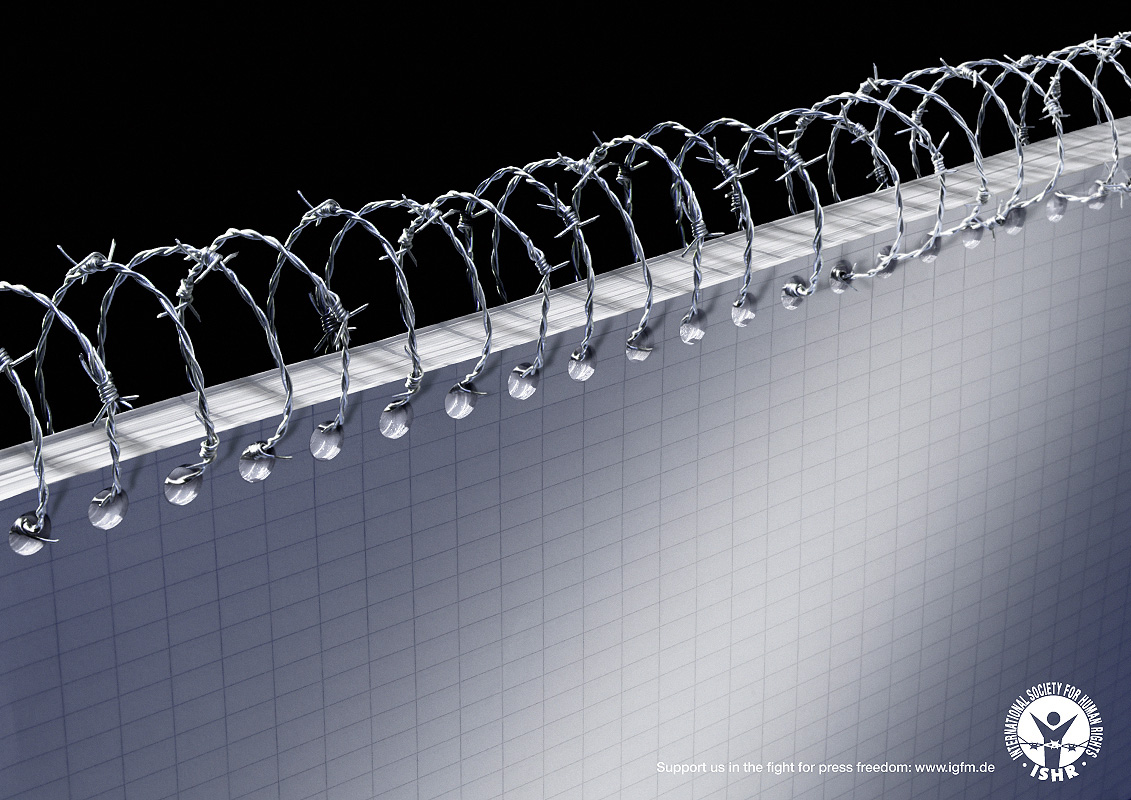
فرهاد اهی
نویسنده و کارگردان سینما
فرهاد آهی – تورنتو | اولین واکنشم به فیلم پیرپسر نه زمان غیر معمول فیلم بود و نه نام فامیلی مشهور سازنده اش. بلکه حیرتی آمیخته به شک در مورد خبرهایی بود که از فیلم می شنیدم. فیلم در جشنواره فجر غوغا کرده بود و همه از درنوردیدن مرزهای داستانگویی و تکنیک در اجرا و نیز بازی بی نظیر حسن پورشیرازی می گفتند. نقدهایی هم می خواندم و می دیدم همگی دو قطبی بودند. یعنی یا فیلم را شاهکاری معاصر می دانستند یا از اساس مصنوعی و بی ارزش می شمردند. همین باعث شد که با وجود زمان زیاد فیلم و عدم آشنایی مطلق من با سینمای اکتای براهنی مشتاق تماشای فیلم باشم. خوشبختانه به همت تهیه کننده و کمک بعضی از اهالی مهاجرت کرده سینما به تورنتو فیلم اینجا اکران شد و موفق شدم در سالنی مناسب و با صدا و تصویری استاندارد فیلم را تماشا کنم.
خب از همین اول بگویم که فیلم را دوست داشتم. هر چند که من از آن گروهی که فیلم را شاهکار می دانند نیستم. از آن گروهی که فیلم را مصنوعی و بی ارزش می خوانند هم نیستم. پیرپسر برای من مثل یک سفر ادیسه وار بود از نماد و نشانه و اشاره های مستقیم و غیر مستقیم. یعنی هر لحظه اش به چالشم می کشید که منظور از این شخصیت یا آن دیالوگ یا آن تابلو پشت سر شخصیت چه می تواند باشد. از همان ابتدایی ترین دیالوگ ها که پسرجوانتر دارد نقشه مرگ پدر را می کشد. از همان جایی که افسوس می خورد که چرا پدر سکته کرده در حال مرگ افتاده را نجات داده اند تا دوباره به جانشان بیافتد و حالا ندانند چطور از دستش خلاص شوند. از خانه ای که یک ثروت بالقوه است. اما دارد تحت سرپرستی پدر می پوسد و از بین می رود. از جسدی که زیر موزاییک های حیاط دفن کرده تا حبس خانگی هر سه نفرشان؛ نشانه و نمادی از رخدادهای این سالهای اخیر را به ذهن متبادر می کند.

چه کسی است که نداند آن خانه چیست و پدر نماد کیست؟ از همه مهمتر تأکید خود فیلمساز است که با آوردن فهرست منابع و اصرار بر ترسیم گرافیکی صحنه با تابلوهای مشهور و معنی دار. نمی گذارد جور دیگری فکر کنیم. رک و راست بگویم که اگر قرار بود این فیلم واقع گرا باشد حرف هایی که در این فیلم زده می شود از دهان همه کاراکترهای داستان گنده تر است. لباسی که می پوشند به شخصیت ها نمی آید. تابلویی که حتی در مستراح زنگ زده و متعفن خانه زده اند قرار بوده سلیقه چه کسی باشد؟ چطور شده آدمی به فضاحت و کثافت غلام باستانی پسری درس خوانده و روشن فکر دارد؟ چرا خودش از هر ده کلمه هشت تایش را بد و بیراه می گوید اما پسر بزرگ خانواده فرهیخته از آب در آمده است؟ چرا دوستان و هم پالگی های غلام باستانی همه چرک و پیس و وارفته اند اما یکدفعه خود را هم قد رعنای زیبا و اغوا گر می پندارد که افاده اش حتی از سر پسر فرهیخته خانه هم زیاد است؟
بنابراین پیرپسر را به هیچ وجه نمی توان واقع گرا نامید. اصلا مگر چه عیبی دارد که فیلمی نمادین ساخته شود؟ مگر واقع گرایی تنها سبک داستان گویی در سینماست؟ در عین حال پیرپسر کاملا هم سمبلیستی نیست. آغشته به یک جور پست مدرنیسم التقاطی و من درآوردی است که اتفاقا خیلی هم خوب عمل کرده است. مدتهاست که فیلم های جدی و درام های عمیق در سینما ترکیبی از سبک های مختلف هستند و آن سینمای ژانر استاندارد دارد باز تعریف می شود. قالب های قبلی را یا می شکند یا در هم می آمیزد و از دلش ققنوسی چشم نواز خلق می کند. برای همین هم گفتم که پیر پسر را دوست داشتم. چون با همه چرکی و کثافتی که در بیش از سه ساعت به نمایش می گذارد, داستانی تعریف می کند که با همه پوست و خونمان لمسش می کنیم. نمادهایش را بدون اینکه زور بزنیم می فهمیم و با اندک سواد هنری هم با آن ارتباط برقرار می کنیم.

اما در مورد شخصیت ها باید بگویم که از همان اول باید تکلیف را روشن کنیم. ما داریم یک کار نمادگرا می بینیم. در نتیجه قرار نیست شخصیت ها مثل آدم های واقعی بازی کنند. بلکه باید در خدمت پیام و نمادی باشند که نمایندگی اش می کنند. اگر غیر از این باشد؛ برخلاف آنچه که از روز اول نمایش پیرپسر تا همین امروز بارها و بارها گفته شده بازی حسن پورشیرازی سزاوار این همه جار و جنجال نمی بود. در صورتی که هست و بسیار عالی هم هست. در این میان اما؛ این بازی های درخشان لیلا حاتمی و محمد ولی زادگان است که کمتر مورد لطف و توجه صاحب نظران قرارگرفته اند. در حالی که اجراهایشان به طرز حیرت انگیزی زیبا و اندازه بود. آنها واقع گراتر و باورپذیرتر بازی کردند و بار بازی نه چندان باورپذیر حامد بهداد را به دوش کشیدند. تا جایی که گاهی فراموش می کردم با یک اثر اغراق آمیز و نمادگرا روبرو هستم. اما تقریبا بلافاصله پورشیرازی رخ می نمود و باور واقع گرایی را یکسره برهم می زد. حسن پور شیرازی بازیگر فوق العاده توانا و تکنیکی است. با اینکه او قبلا هم بازی های درخشانی داشته؛ تا قبل از پیرپسر کمتر مورد توجه واقع شده بود. اما در پیرپسر نقشی اغراق شده با دیالوگ هایی پرو پیمان و صحنه گردانی بی نظیر, به کارگشته ای چون پورشیرازی که عمری دراین حرفه گذرانده و مویی سفید کرده است فرصت داده که کارستان کند.
نقش سنگینی که با هنرمندی تمام اجرایش کرده است و به وضوح همانقدر اغراق شده است که کارگردان از او خواسته است. پورشیرازی یک شاه نقش را چنان از کار درآورده که اگر تا آخر عمرش دیگر هیچ نقشی را بازی نکند با همین نقش غلام باستانی به یاد خواهد ماند. در مورد حامد بهداد هم که فکر می کنم یکی از عجیب ترین نقش آفرینی هایش را دیدم. حامد بدون شک بازیگر تواناییست. بیاد بیاورید نقش او را در فیلم روز سوم ساخته محمد حسین لطیفی یا نقشی که در فیلم قصر شیرین بازی کرد. در پیرپسر حامد بلاتکلیف بود. دیالوگ ها را پرتاب می کرد و جوری ایفای نقش می کرد که گویی بین دریافت خودش از نقش و راهنمایی های کارگردان سرگردان مانده است. باز هم تکرار می کنم که فرض را بر این گرفته ام که پیرپسر نمادگراست و اصلا قرار نیست به رفتار و گفتار واقعی آدم هایی با پیشینه و تربیت غلام باستانی و فرزندانش وفادار باشد. با همه اینها بازی حامد سردرگم و بلاتکلیف است. قرار است فیلم درباره او باشد. یعنی اوست که پیرپسر داستان است. اما در نهایت غلام باستانی است که به یاد می ماند. حامد قرار است نقش علی که آدمی با سواد و علاقمند به فلسفه و ادبیات است را بازی کند. اما باورمان نمی شود که آن کتابهایی را که ازشان حرف می زند واقعا خوانده باشد. دانش او عمیق و درونی نیست و بازی بهداد در حد تقلایی شریف اما ناقص باقی می ماند.

نمی توانم این یادداشت را به اتمام برسانم و به زمان یکصد و نود دقیقه ای فیلم اشاره نکنم. اصرار دارم که از کلمه طولانی برای توصیف این زمان استفاده نکنم. پیر پسر به هیچ وجه طولانی نیست. خیلی هم اندازه است. پیرپسر خسته کننده نیست. بلکه برعکس؛ با آن سکانس پایانی چهل و پنج دقیقه ای پر چالش و گره گشایی و رفت و برگشت های دراماتیک, بیننده را کاملا هیجان زده و متفکر به خانه می فرستد. یقه ات را می چسبد و یکی دو روزی درگیرت می کند. حتی الان هم که بعد از حدود یک ماه که از دیدنش می گذرد در باره اش می نویسم باز هم زنده می شود و گریبانم را می گیرد.
پیر پسر از آن فیلم هایی است که سینمای ما مشابهش را کم دارد و در عین حال به شدت نیازمندشان است. بدون اغراق بگویم مدتها بود که فیلمی ندیده بودم که پس از پایان در ذهنم به زندگی اش ادامه دهد. باید بیش از اینها به امثال اکتای براهنی فرصت داده شود تا فیلم های بیشتر و بهتری بسازد.









